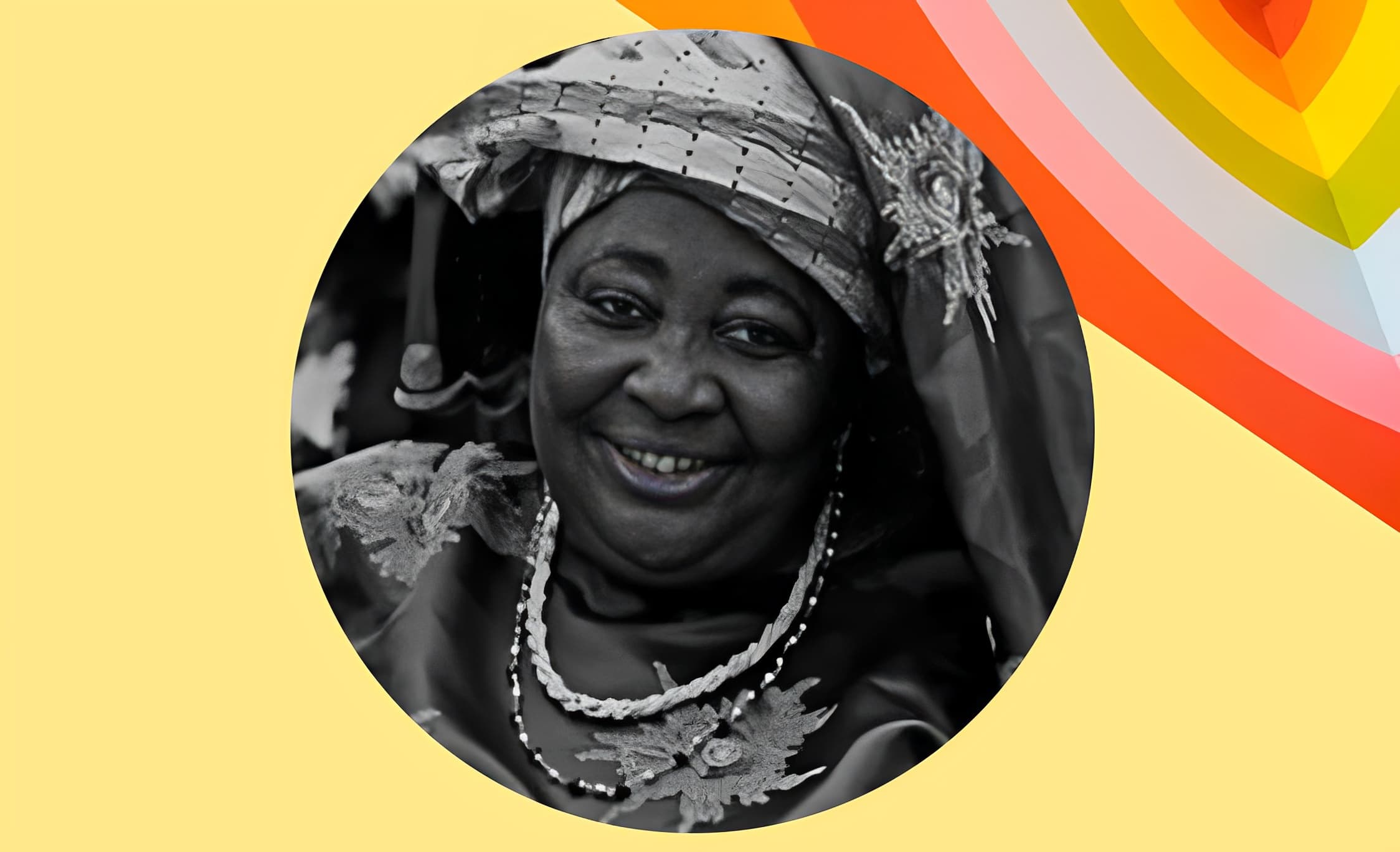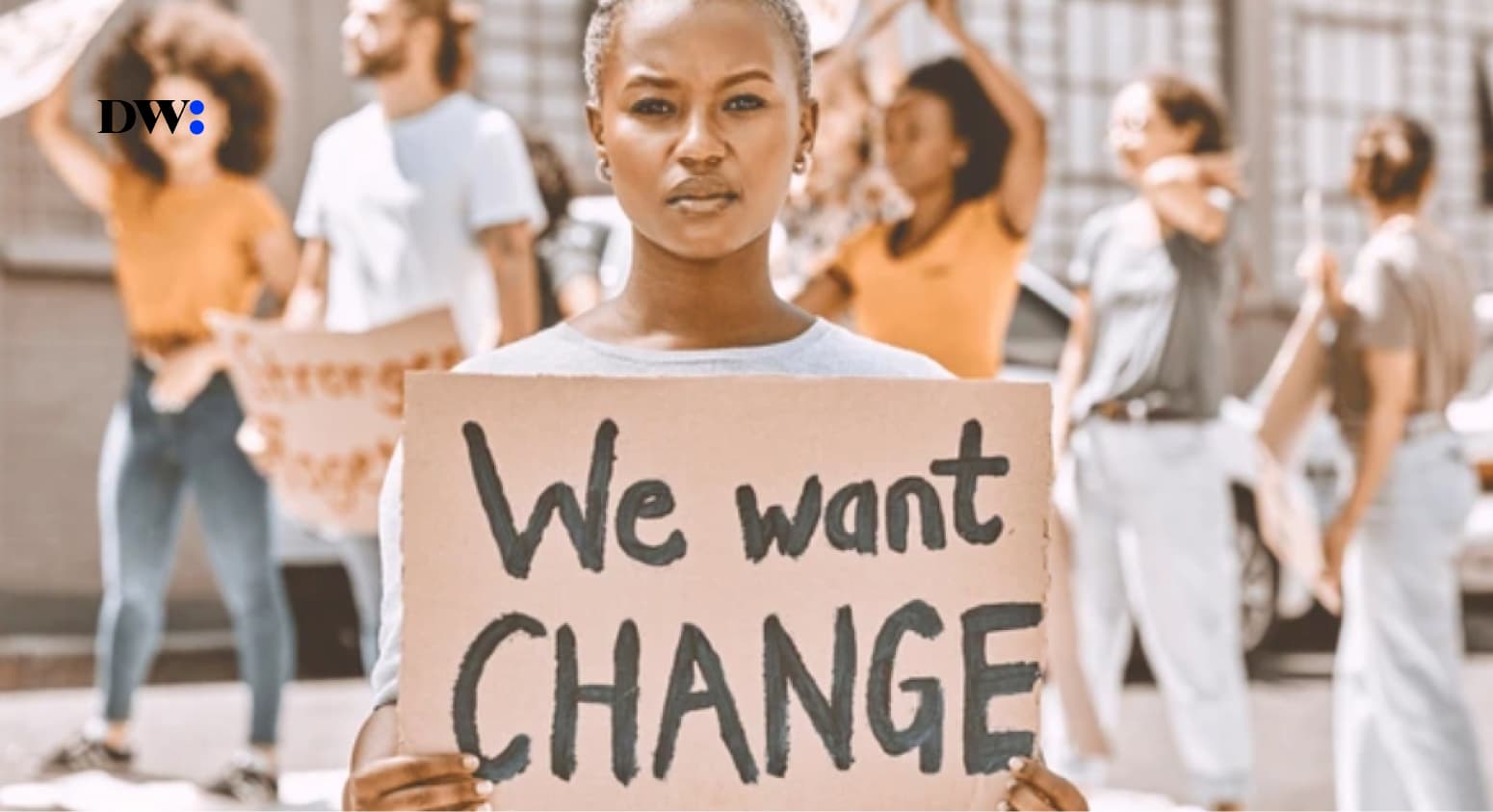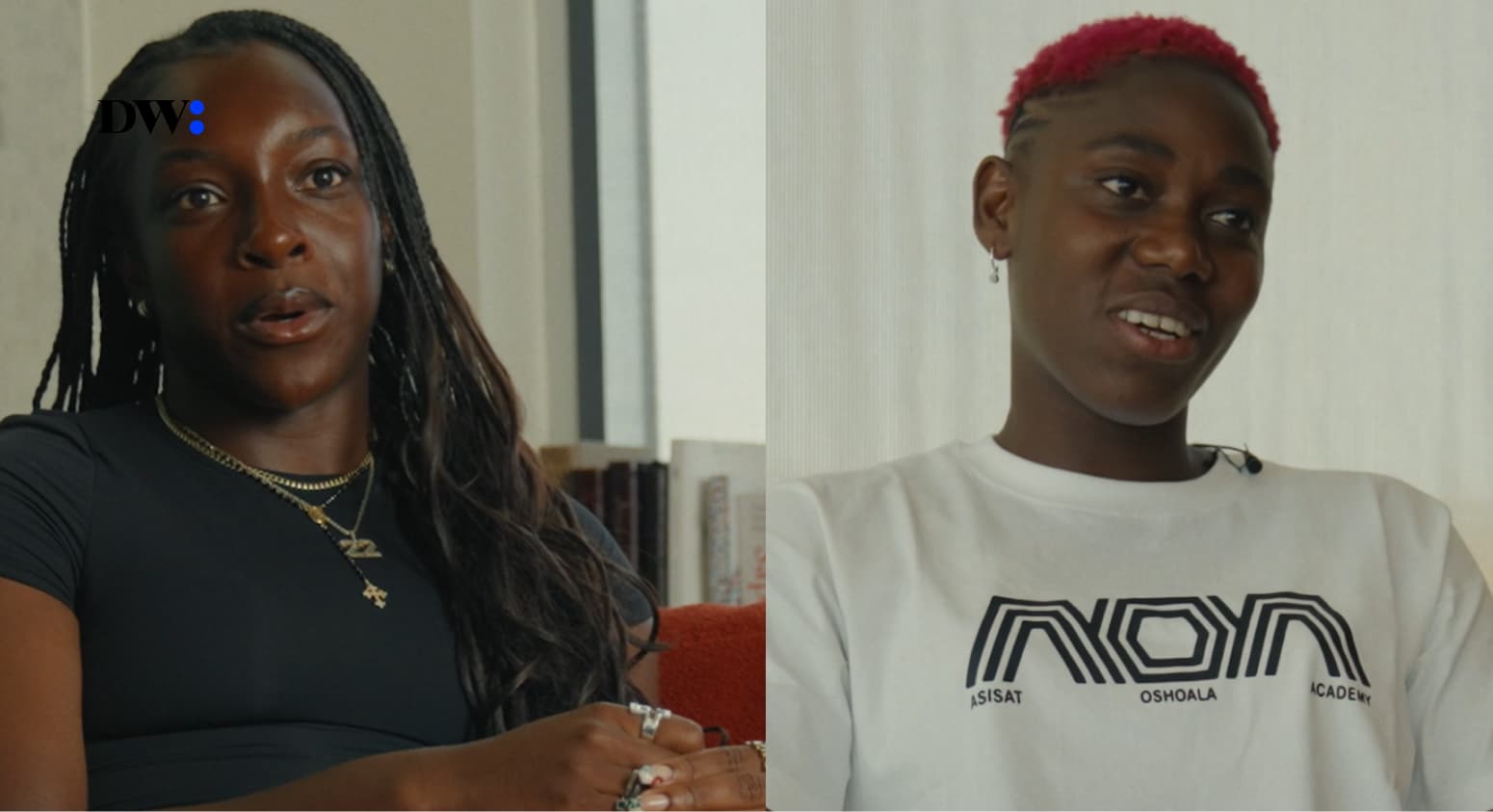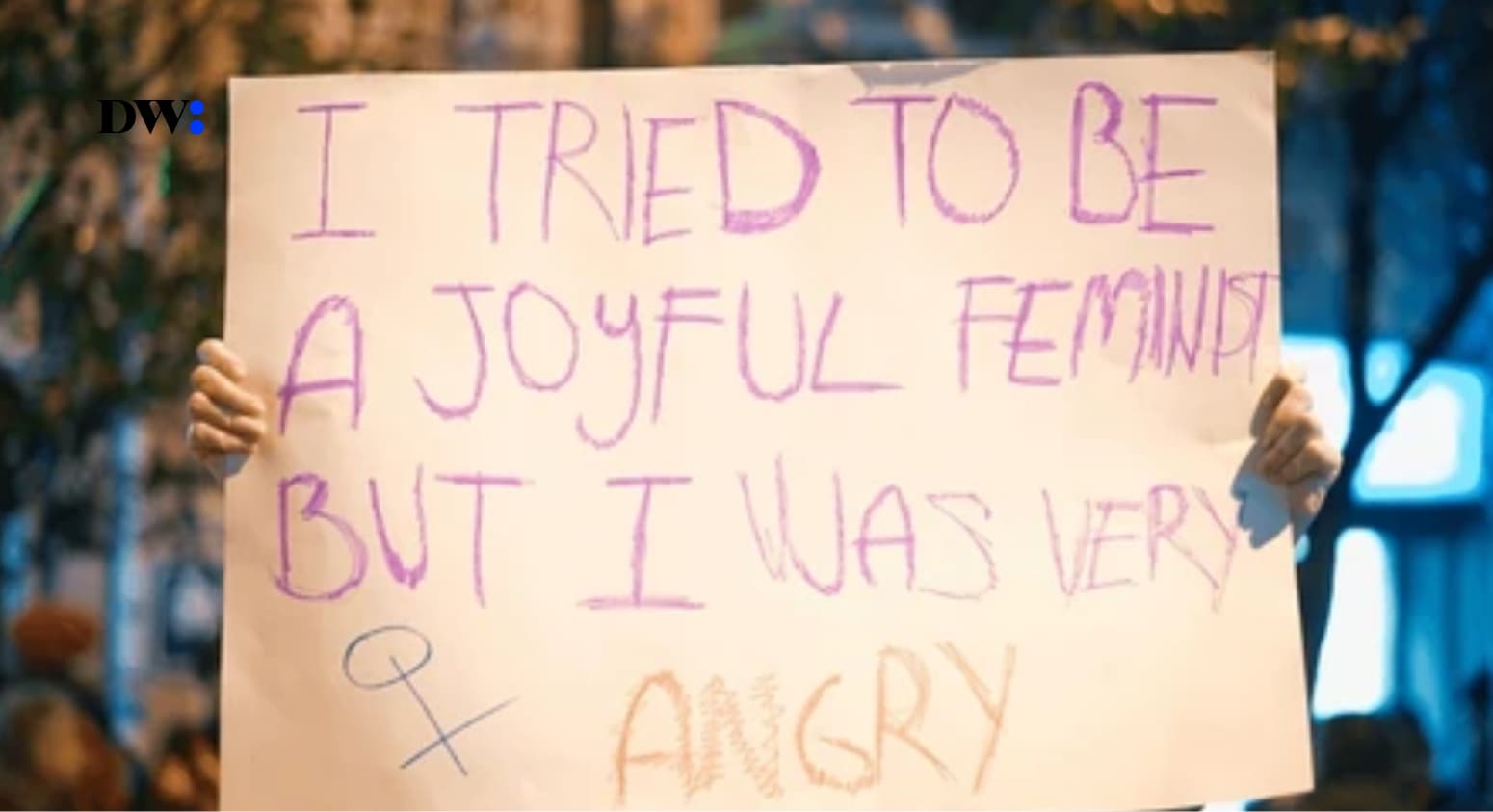An article on Aljazeera describes Hajia Gambo Sawaba as the most jailed female activist in Nigeria’s history. She was incarcerated 16 times for vocally opposing child marriage, forced labour, discriminatory taxes, and forced labour without pay.
After arriving in Zaria, Isa Amartey Amarteifio—Hajia Gambo Sawaba’s father converted to Islam, and later met Fatima, whom he married. With her late spouse Mohammadu Alao, Fatima was widowed and gave birth to three children.
They had six children after marriage, with Sawaba being the fifth. She was given the name Hajaratu, and since any child born following the birth of twins was given the name Gambo in Hausa culture, she was also given the name Gambo.
In Kwekum Rima Shawulu’s book, “The Gambo Sawaba Story“, said “Her mother, Fatima’s great grand-father was a blacksmith as well as a warrior who gave birth to Mamman Dazu, their grandfather. Mamman Dazu is said to have been a great warrior who was widely consulted.”
Sawaba attended the Native Authority Primary School in Tudun, Wada, for her education. But with the deaths of her mother three years later and her father in 1943, who passed away complaining of headaches, she was forced to cease going to school. At 13, she married a World War II veteran, Abubakar Garba.
Abubakar Garba Bello departed after her first pregnancy and never came back. As a child, she had an extraordinary interest in people with mental illness which was rather evident. She interacted with them, gave some people what they needed, and provided those she could come with money, clothing, and food.
She was frequently characterized as headstrong and stubborn as a child, and she almost always got into street fights.
“I could not stand by and witness a helpless friend or relative being abused,” she claimed.
She said that she used to win such battles. When she arrived at the scene of such clashes, she would remark to the weaker party, “OK, I have purchased the fight from you,” and then take control of the conflict.
Sawaba has been active in politics since she was 17 years old.
She joined the opposition party, the Northern Element Progressive Union, and the Northern People’s Congress, which had the support of the Emirs and the British Colonial Authority, which ruled northern Nigeria (NEPU).
She fought for western education in the north and spoke out against child marriage and forced labour. She openly advocated against child marriage, forced and unpaid labour and unfair taxes. She canvassed for jobs for women, education for girls and full voting rights. Her ex-husband’s family, however, were unhappy with her efforts to merge motherhood and political activism and an amicable separation soon followed. As was the customary at the time, her baby daughter was handed over to her ex-in-laws.
During her time in the North, Gambo gained notoriety when, at a political lecture, she rose to speak in front of a room full of men.
She flew to Abeokuta to see Funmilayo Ransome-Kuti after receiving mentoring from her. She is primarily acknowledged as having started the movement for northern women’s emancipation. She wasn’t born with the name Sawaba. It was given to have the meaning of redemption or freedom.
After she had been chosen as the head of the NEPU women’s wing, Mallam Aminu Kano, her political mentor, presented her with the award. In Kaduna, she was honoured by being named after a general hospital. She is also named after a residence hall at Bayero University, Kano State.
The Most Jailed Politician
In 1952, Gambo went from house-to-house to speak to women in northern Nigeria who observed purdah, a form of social seclusion. The Native Authority in Kano then presented her before the Alkali (Magistrates) Court, on charges of “drawing out women who were in purdah”. The court sentenced her to three months in prison; the first of 16 prison sentences she would serve during her lifetime.
She was arrested so often, in fact, that she always kept a blanket with the words ‘Prison Yard’ inscribed on it nearby so that she could take it with her whenever the police came for her. According to the Muslim Women Times, “On two occasions she was stripped naked and given eighty lashes in Zaria Central Prison. She also endured the indignity and pain of having her hair shaved off with a broken bottle.”
Gambo confirmed that as a result of torture she had endured in prison in 1957, she had needed surgery to remove her womb to save her life.





